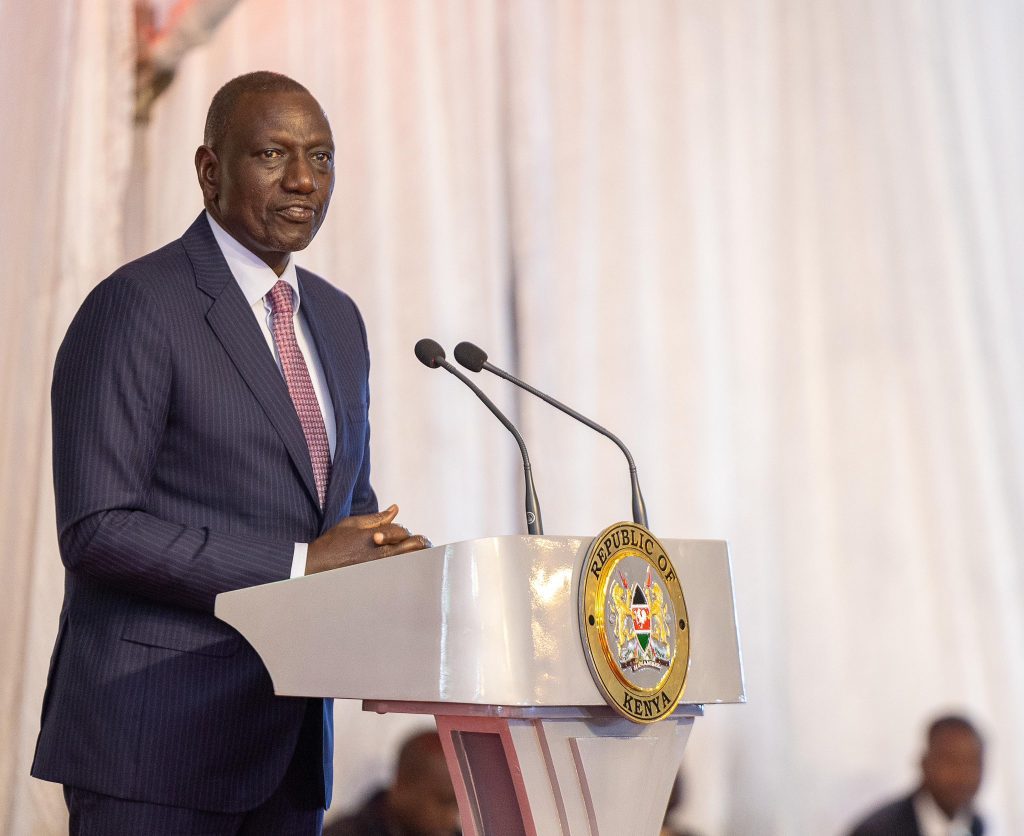Cane farmers are celebrating unprecedented sugar bonuses that have significantly transformed their livelihoods, bringing financial relief and renewed confidence in the sugar industry.
Among the biggest beneficiaries is Redempta Makhoha, a resilient woman who has defied cultural barriers to succeed in the traditionally male-dominated sugarcane farming sector.
For generations, women in her community have rarely owned land, but Redempta was determined to change that narrative.
After dropping out of school and enduring a difficult divorce, she returned to her father’s home, where he welcomed her on the condition that she would work hard to secure her independence.
Determined to succeed, she took up sugarcane farming in 2001 after her father gave her half an acre of land with existing sugarcane crops. He warned her that failure was not an option.
Her first harvest yielded Ksh 26,000, which she reinvested into leasing a larger piece of land.
Over time, her relentless dedication paid off, and today, she proudly manages over 90,000 acres of sugarcane plantations.
The proceeds from her farming business have enabled her to educate her children, build her own home and even send her children abroad for further studies.
Redempta credits Mumias Sugar Company 2021 Limited for her success, though she faced setbacks when the miller shut down for over seven years.
When operations resumed, she wasted no time in re-establishing her supply chain.
Her resilience bore fruit in 2023 and 2024 when she received a bonus of Ksh 317,000, a windfall that significantly eased her financial burden.
“Receiving this bonus felt like a dream. When the money was deposited, I had to double-check if it was real. I celebrated with a few friends, then immediately withdrew some to pay my children’s school fees,” she said.

Her story echoes across Busia County, where another farmer, Steven Ekirapa, was equally elated after receiving a Ksh 400,000 bonus.
Working in Nakuru at the time, Ekirapa was stunned when he received a bank notification.
“I was so surprised that I called the bank to confirm. Later, my farm supervisor, Sonkok, called me to verify the same. I was elated when I heard about the amount,” he recounted.

The financial boost came at a crucial time, especially with January’s school fees demands weighing heavily on him.
“Before the money came in, I was struggling to keep my farm running. This bonus was a lifeline,” he added.

Further, Ekirapa noted that the government’s intervention, particularly the reduction of fertilizer prices from Ksh 6,000 to Ksh 2,500, has made farming more profitable.
Beyond individual success stories, the sugar industry is experiencing a remarkable revival. Mumias Sugar Company’s Operations Manager, Stephen Kihumba, revealed that within three years, the company has registered 27,633 out-growers, a testament to the sector’s growing confidence.
To maintain trust, Kihumba assured farmers of weekly payments, ensuring a steady cash flow for those who supply cane.
He emphasized the importance of harvesting mature cane, at least 16 months old, to maximize sucrose content and profits.
Mumias Sugar Company 2021 Limited currently has the capacity to crush 8,400 tons of cane per day, a milestone that will be fully realized once the miller becomes fully operational.
The factory, which operates in the Lower Kakamega region, has successfully planted cane on 90 per cent of its 3,400-hectare nucleus land, with the remaining 10 per cent left unplanted due to heavy rains and low-lying terrain.
To enhance efficiency, the company plans to increase transportation capacity by acquiring more tractors, as more farmers sign up to supply cane.
Kihumba expressed gratitude to the government for its role in reviving the sector, citing policy interventions such as the Sugar Act 2024, which establishes sugarcane catchment areas to better manage supply, synchronize milling operations, and improve efficiency.

On his part, the Kenya Sugar Board (KSB) CEO Jude Chesire confirmed that the bonuses were disbursed in real-time, with payments reflecting in farmers’ accounts immediately.
“The bonus, introduced by Mumias Sugar 2021 Limited, incentivizes farmers based on supply volume. The highest supplier received Ksh 500,000, while the lowest got Ksh 5,000,” he explained.

He highlighted that due to the reforms initiated in 2023, the sugar industry achieved a historic production of 832,000 metric tons, against a national demand of 950,000 metric tons.
“With the ongoing reforms, we expect to surpass one million metric tons within two years. Import dependency has also reduced significantly from 500,000 metric tons in 2023 to about 160,000 metric tons. In July and August, we even exceeded our national demand, producing over 80,000 metric tons per month,” he noted.
Looking ahead, he expressed optimism that by 2027, Kenya will be self-sufficient in sugar production, eliminating the need for imports and positioning the country as a net exporter.
President William Ruto reinforced this vision by announcing a historic Ksh 150 million bonus for sugar farmers who supplied cane to Kakamega’s Mumias Sugar Factory, the first such payout in the sector’s history.
The President emphasized that this milestone validates the success of the reforms introduced in the sugar sector and underscores its potential to uplift farmers and support thousands of livelihoods.

“With a record 832,000 tonnes of sugar produced last year, Kenya is on course to achieving surplus production and commencing regional exports by 2026, turning sugarcane cultivation into a viable and rewarding venture,” he said.
To further strengthen the industry, President Ruto signed the Sugar Act 2024, which establishes sugarcane catchment areas to better manage supply, synchronize milling operations, and improve efficiency.
Additionally, 50 per cent of the annual rent paid to the bank will be distributed as a bonus to farmers based on the quantity of cane supplied, ensuring fairness and transparency.
“This model can be replicated in other publicly-owned sugar companies once they are leased, and the board will conduct a comprehensive study to develop a robust system of incentives for farmers,” President Ruto stated.
As Kenya moves towards self-sufficiency in sugar production, farmers like Redempta and Ekirapa stand as shining examples of resilience, proving that with the right support, the agricultural sector can transform lives and power economic growth.









